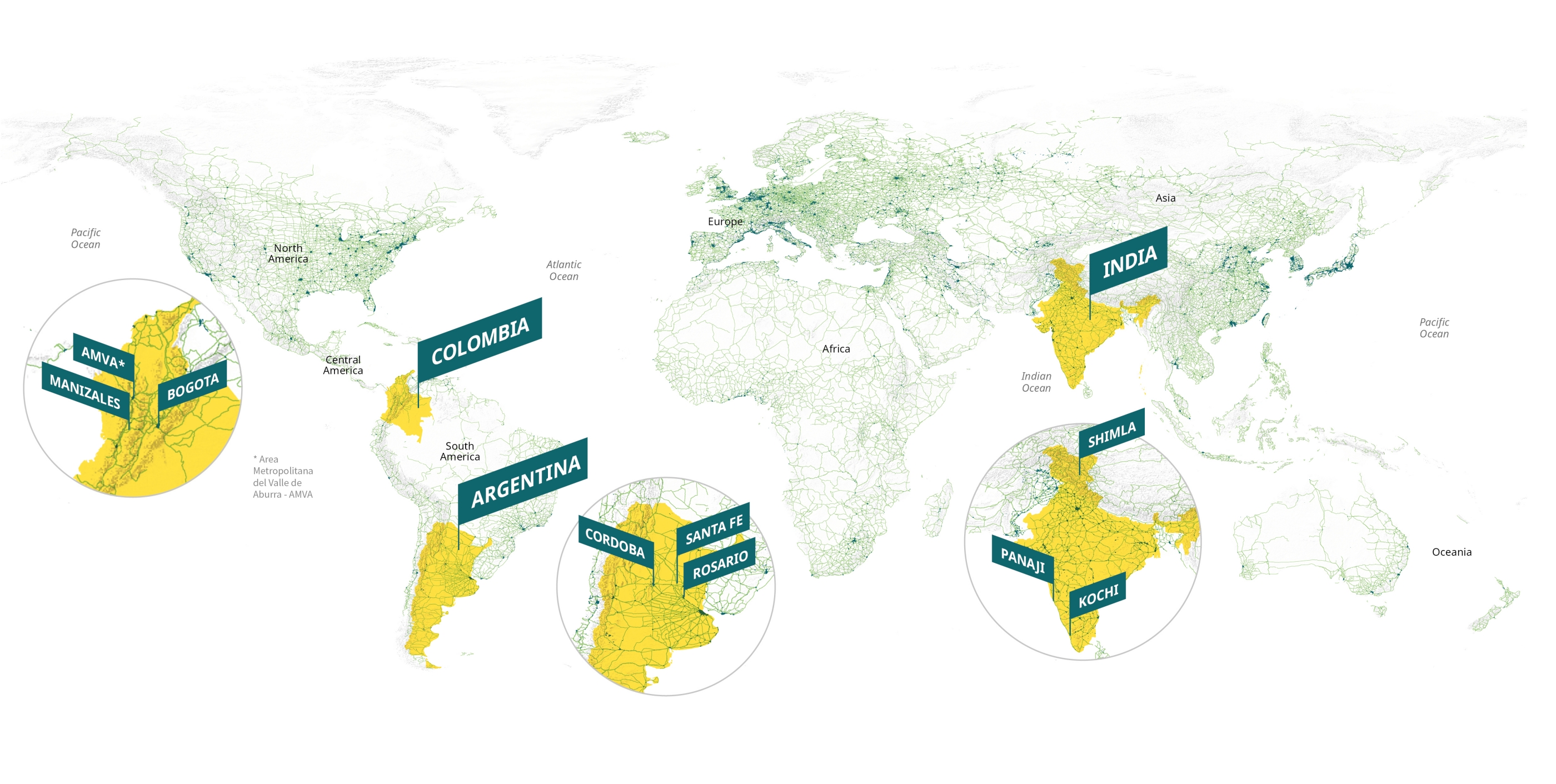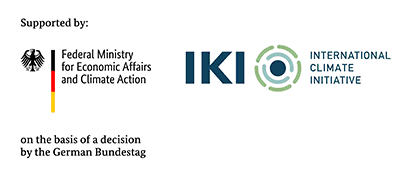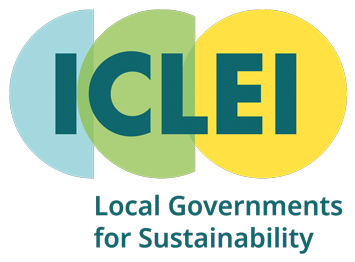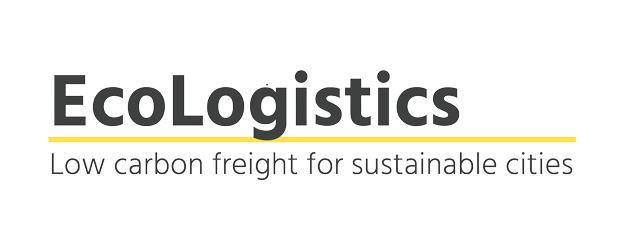25%
40%
40%
50%
Freight Vehicles
The types of vehicles used to move goods is closely related to the layout of urban supply chains. Understanding the profiles of freight vehicles can help formulate policies and maximize freight traffic flows.
TYPES OF GOODS
Shippers
Transport Operators
Carriers
Regional/City vehicle registration bureaus
Transportation departments
Environmental agencies
Political Support & Advocacy
Facilitate Collaboration & Partnership
Research & Capacity Building
Innovative/Generated Solutions
Support Innovation
Communication
PRIVATE COMPANIES
Political Support & Advocacy
Research & Capacity Building
Support Innovation
CITIZENS CONSUMERS
Political Support & Advocacy
Facilitate Collaboration & Partnership
Plan Regulation & Enforcement
Research & Capacity Building
Support /nnovation
Communication
PUBLIC AUTHORITIES
Facilitate Collaboration & Partnership
Research & Capacity Building
Innovative/Generated Solutions
Support Innovation
ACADEMIA

DEMONSTRATION PROJECTS
EcoLogistics promotes the low emission transportation of goods that prioritizes public health and safety and people-centered urban development, that will enable circular and regional economies to limit the growth of freight transport.
All cities
Rosario, Argentina
"Bicicargo" Bicycles for Sustainable Logistics
Bogota, Colombia
Proofing alternatives for fleet replacement and consolidation for last mile freight in Bogota
Kochi, India
Introduction of electric loaders in the prominent market centers and develop charging infrastructure
Shimla, India
Ongoing Freight Packing & Loading Zones
Panaji, India
Promotion of Collaborative last mile delivery (load pooling) through electric freight vehicles
"Bicicargo" Bicycles for Sustainable Logistics
Rosario, Argentina
After the engagement with the mobility office, public operators, and small businesses, ICLEI, with the municipality, pushed innovation in Rosario, working with startups to deploy 20 cargobikes with geo-fencing technology and the associated infrastructure into the public bike hire scheme.
Proofing alternatives for fleet replacement and consolidation for last mile freight in Bogota
Bogota, Colombia
The project aims to showcase the fleet replacement for last-mile logistics by agreeing with the city and different freight operators. EcoLogistics supports the inclusion of cargo bikes, electric vans, and electric tricycles to the operation in one of the areas identified by the city with low air quality.
Introduction of electric loaders in the prominent market centers and develop charging infrastructure
Kochi, India
Introduction of electric three-wheel freight vehicles in a prominent market center and the development of relevant charging infrastructure in Kochi.
Ongoing freight packing & loading zones
Shimla, India
By selecting 17 of Shimla's highly dense traffic zones, the city authority, with help from ICLEI EcoLogistics, will manage and transform the curb into an order zone for freight parking, and loading and unloading. The city will introduce new signalization and implement time frames for operations. During this work, the city drivers will receive instructions on eco-driving.
Promotion of collaborative last mile delivery (load pooling) through electric freight vehicles
Panaji, India
Promotion of collaborative last mile delivery (load pooling) using electric freight vehicles while keeping an equal level of services on current operations.
IKI EcoLogistics is a project implemented by ICLEI – Local Governments for Sustainability. The ICLEI World Secretariat is responsible for project management and coordination. ICLEI South America Secretariat and ICLEI South Asia Secretariat are the implementing partners. Despacio, the Smart Freight Centre and the Zaragoza Logistics Center are technical partners for this project.

The project is supported by the German Federal Ministry for Economic Affairs and Climate Action (BMWK) through the International Climate Initiative (IKI).
Read more: www.international-climate-initiative.com
Scroll to continue




